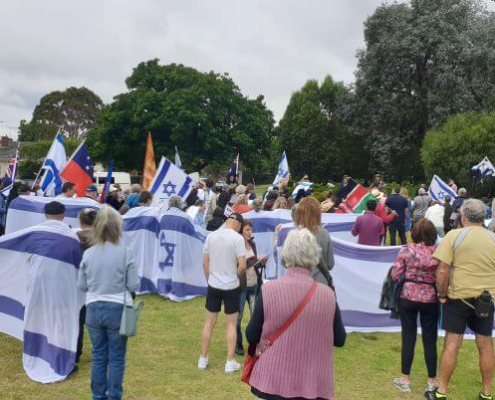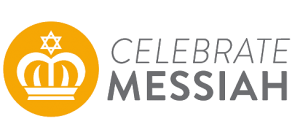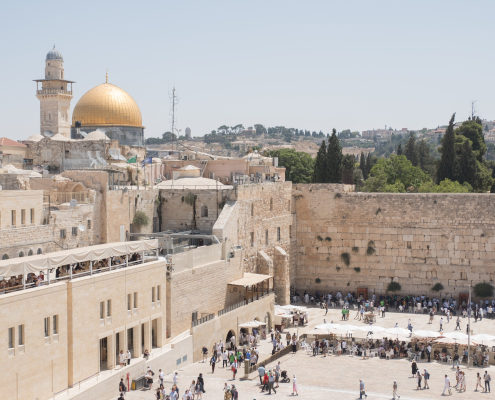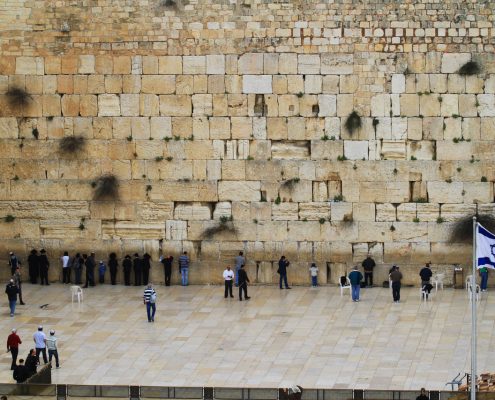 https://www.celebratemessiah.com.au/wp-content/uploads/2023/12/rally-2023-1-sc.jpg
402
715
Ashley De Silva
https://www.celebratemessiah.com.au/wp-content/uploads/2023/05/CM-Transparent-Logo-2-300x138-2.png
Ashley De Silva2023-12-22 00:20:582023-12-24 04:08:48Rally to bring them Home and support Israel
https://www.celebratemessiah.com.au/wp-content/uploads/2023/12/rally-2023-1-sc.jpg
402
715
Ashley De Silva
https://www.celebratemessiah.com.au/wp-content/uploads/2023/05/CM-Transparent-Logo-2-300x138-2.png
Ashley De Silva2023-12-22 00:20:582023-12-24 04:08:48Rally to bring them Home and support IsraelTheodor Herzl (1860-1904)
 Theodor Herzl, founder of the idea of the Modern State of Israel, if not the nation itself, was born to a German-speaking Jewish family in Pest (now the eastern half of Budapest, Hungary), then a city in Austria-Hungary.
Theodor Herzl, founder of the idea of the Modern State of Israel, if not the nation itself, was born to a German-speaking Jewish family in Pest (now the eastern half of Budapest, Hungary), then a city in Austria-Hungary.
Though his childhood and early journalistic career indicate little interest in Jewish matters, the anti-Semitism he encountered, despite his mainstream European lifestyle, convinced him that the Jewish people would always be treated as strangers in other lands. But it wasn’t until Herzl covered the Dreyfus Affair (1895) for a French newspaper that he took action toward the creation of a Jewish nation.
Within a year, Herzl had published Der Judenstaat (“The State of the Jews”), the book which established him as the leader of the nascent Zionist movement. He also organized, and was elected president of, the World Zionist Congress. This group of influential leaders supported and gave diplomatic backing to Herzl as he pursued the establishment of a Jewish state. Herzl was not committed to religious Judaism at all, as anti-Semitism was his primary motivator. As such, he was willing to pursue a Jewish homeland anywhere, though his primary goal as a Zionist was to see this realized within the region of Palestine.
Herzl died in 1904, before he could see the fruit of his diplomatic efforts, or the blossoming of the movement he founded.
David Ben-Gurion (1886-1973)
 Born in Poland in 1886, David Ben-Gurion was raised in a strongly Zionist family. Even in his adolescence, Ben-Gurion led a Zionist student group that spoke only Hebrew.1
Born in Poland in 1886, David Ben-Gurion was raised in a strongly Zionist family. Even in his adolescence, Ben-Gurion led a Zionist student group that spoke only Hebrew.1
By the time he was twenty, he had immigrated to Israel (then a region under control of the Ottoman Empire) and was working on a collective farm that would one day evolve into the entity known as the kibbutz.2 Around this time, Ben-Gurion also became active in the formation of an Israeli self-defense force known as Hashomer, or The Watchmen.
Ben-Gurion played an integral role in the establishment of the state of Israel, organizing the illegal immigration of thousands of Jews to the land and organizing the nascent Israeli Defense Forces from an array of scattered militia into a national army. He was the one who read the Israeli Declaration of Independence on May 14, 1948, and then oversaw army operations during the War for Independence. In addition to serving as defense secretary at this time, he was also named to be the first Prime Minister. Ben-Gurion held the position of Prime Minister until 1963, save for a brief two-year stint in “retirement.” As the first prime minister of the nation, though, Ben-Gurion can be credited with establishing much of the infrastructure that allowed Israel to thrive.
David Ben-Gurion died in Israel in 1973.
Golda Meir (1898-1978)
Though born in Kiev, Ukraine, Israel’s first woman to serve as Prime Minister was raised in Milwaukee, Wisconsin. Golda Meir became interested in Zionism at a young age, enrolling the youth Zionist movement while still in high school. Shortly after she married at age 19, she and her husband immigrated to Israel and began life on a kibbutz. They ultimately moved to Jerusalem, where Meir began to serve with Labour organizations.
As World War II came to a close, she became the principal negotiator between the British authorities and the Jewish people living in Palestine. She was one of only two women to sign the Israeli Declaration of Independence, and as the War for Independence began, Meir was sent to the United States to raise money for the war effort.
Once the war was over, Meir served as the new nation’s ambassador to the Soviet Union and on the Knesset (Israeli Parliament). She was appointed prime minister in 1969, coming out of retirement to accept the role, and steered the country through the Six-Day War. In short, she saw the modern state of Israel though its inception and maturation, staying involved in politics until her death in 1978 at eighty years of age.
Chaim Weizmann (1914-1952)
 Chaim Weizmann, a brilliant chemist best known for innovating a process that allowed for the industrial production of acetone, also served as the first President of Israel.
Chaim Weizmann, a brilliant chemist best known for innovating a process that allowed for the industrial production of acetone, also served as the first President of Israel.
Weizmann was born in the Russian Empire in 1874, though he studied in Switzerland and eventually immigrated to England. Soon after, he became a leader among British Zionists, befriending the prominent political leader Lord Balfour.3 His influence on Balfour is widely acknowledged with leading to the issuance of the Balfour Declaration in 1917.4
In addition to his British political maneuverings, Weizmann is also credited with persuading President Harry Truman to support an independent Jewish state during a diplomatic visit to the United States during World War II.
Weizmann became the first President of Israel in 1949. His political views differed from some of the other Israeli leaders of the time, as he favored a moderate Zionism that advocated immigration and economic growth for Jewish people in the Land, with or without a specific governmental mandate for such progress. In his words, “…If the Jewish people will go build Palestine… the Jewish state will become a reality.” Chaim Weizmann died in 1952.
……………………………………………………………………………..
Notes
1. Though speaking Hebrew conversationally seems normal to those of us born after the creation of the State of Israel, it is important to keep in mind that this is a modern development. Prior to the advent of Zionism, Hebrew was considered to be a holy language, reserved for the reading of sacred texts, or for use in synagogue, and prayer. Most Jews spoke the language of their native land (such as German or Russian) as their everyday tongue, or they spoke Yiddish (in Easter Europe) or Ladino (in Spanish-speaking areas). Zionism brought Hebrew back as the language of the Jewish people and is, as a result, the national language in Israel.
2. Kibbutz is a specifically Israeli term that refers to collective farms that intermingled the ideals of Zionism and socialism in their structure and philosophy.
3. Arthur Balfour served a brief, unremarkable term as Prime Minister of Britain. It was only later, serving as Foreign Secretary under Lloyd George’s government, that he issued what became known as the Balfour Declaration in 1917.
4. The Balfour Declaration essentially states the endorsement of his fellow Cabinet ministers of the partition of a separate land for Israel in the Palestinian region then under British rule. It read, in part, “His Majesty’s Government view with favour the establishment in Palestine of a national home for Jewish people, and will use their best endeavours to faciliate the achievement of this object…” This is particularly significant because it has been popular to suggest a Jewish national home in Uganda up to this point.





